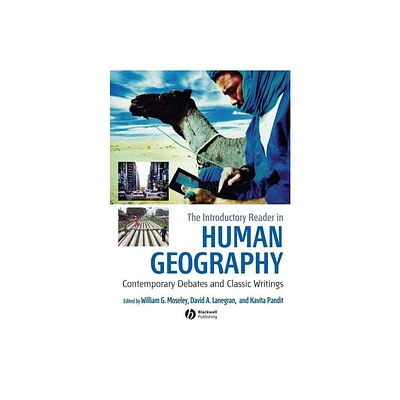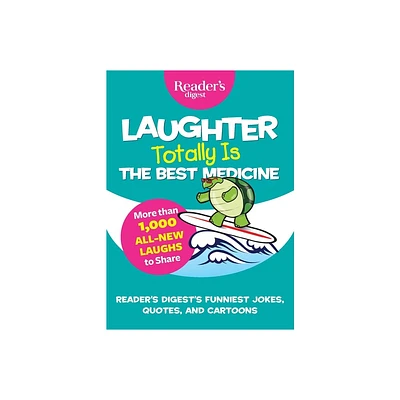Home
Medicine: An Introductory Reader
Loading Inventory...
Barnes and Noble
Medicine: An Introductory Reader
Current price: $17.95


Barnes and Noble
Medicine: An Introductory Reader
Current price: $17.95
Loading Inventory...
Size: Paperback
*Product Information may vary - to confirm product availability, pricing, and additional information please contact Barnes and Noble
"Steiner frequently refers to the fact that the modern scientific approach is insufficient on its own for gaining insight into deeper aspects of the human being. This selection from his writings and lectures--some of which were for doctors and others for a more general audience--starts by emphasizing intuition as an essential inner tool for really understanding what is at work in medicine.... This book gives a taste of the aims and practice of anthroposophical medicine and of ways to pursue and implement it." --
Andrew Maendl
(from the introduction)
Rudolf Steiner, a frequently undervalued, multifaceted genius of modern times, contributed much to the regeneration of culture. In addition to his philosophical teachings, he provided ideas for the development of many practical activities including education--both general and special--agriculture, medicine, economics, architecture, science, religion, and the arts. Today there are thousands of schools, clinics, farms, and many other organizations based on his ideas.
Steiner's original contribution to human knowledge was based on his ability to conduct spiritual research, the investigation of metaphysical dimensions of existence. With his scientific and philosophical training, he brought a new systematic discipline to the field, allowing for conscious methods and comprehensive results. A natural seer from childhood, he cultivated his spiritual vision to a high degree, enabling him to speak with authority on previously veiled mysteries of life.
Topics include: true human nature as a basis for medical practice; the science of knowing; the mission of reverence; the four temperaments; the bridge between universal spirituality and the physical; and much more.
Andrew Maendl
(from the introduction)
Rudolf Steiner, a frequently undervalued, multifaceted genius of modern times, contributed much to the regeneration of culture. In addition to his philosophical teachings, he provided ideas for the development of many practical activities including education--both general and special--agriculture, medicine, economics, architecture, science, religion, and the arts. Today there are thousands of schools, clinics, farms, and many other organizations based on his ideas.
Steiner's original contribution to human knowledge was based on his ability to conduct spiritual research, the investigation of metaphysical dimensions of existence. With his scientific and philosophical training, he brought a new systematic discipline to the field, allowing for conscious methods and comprehensive results. A natural seer from childhood, he cultivated his spiritual vision to a high degree, enabling him to speak with authority on previously veiled mysteries of life.
Topics include: true human nature as a basis for medical practice; the science of knowing; the mission of reverence; the four temperaments; the bridge between universal spirituality and the physical; and much more.


















